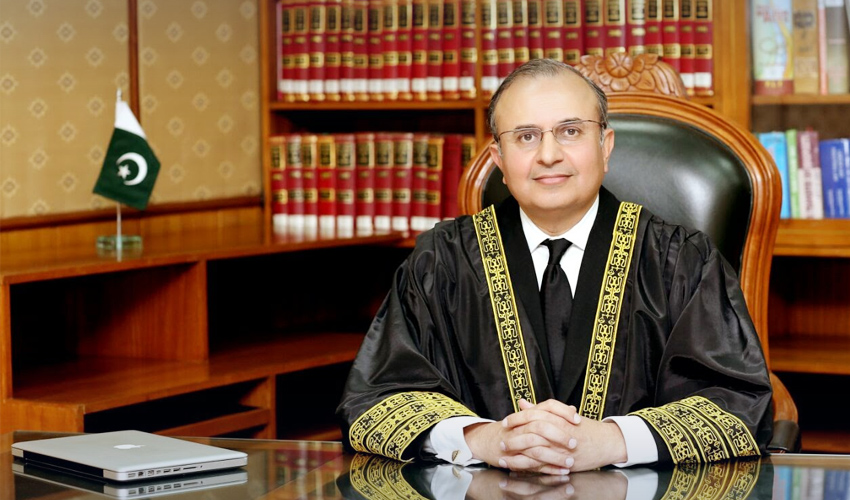During the hearing of a pre-arrest bail application in a murder case, the Supreme Court of Pakistan voiced serious concerns over unresolved political assassinations, particularly the murders of three former prime ministers, and the lack of political accountability in the country.
Justice Athar Minallah criticized state institutions for focusing on political opponents, remarking, “What can be a bigger crime than the assassination of a prime minister?” He lamented that it took over 40 years to acknowledge one such murder, highlighting the state’s role in perpetuating political instability.
Justice Jamal Khan Mandokhel questioned the absence of accountability, stating, “Someone should have been held responsible and punished.” He noted the inefficiency of investigations, particularly in Sindh and Punjab, and pointed to a senior judge’s unresolved murder in Balochistan as evidence of the state’s failure to act.
Justice Malik Shahzad expressed concerns over the unpredictable tenure of prime ministers, stating, “A prime minister is in the Prime Minister’s House one day and in jail the next.” He questioned how such instability affects the common man.
Justice Mandokhel echoed similar concerns, noting public mistrust of state institutions. “People want the Supreme Court to do everything,” he said, further criticizing the disparity in investigations between provinces, particularly in Balochistan.
The bench denounced the involvement of state institutions in political engineering, with Justice Minallah asserting that adherence to the Constitution could have prevented the current crisis. He also criticized delays in addressing high-profile cases, remarking that these cases have been pending since 2017 while the state focuses on political maneuvering.
In the ongoing murder case, the court ordered the arrest of the accused, Ishaq, and instructed the SP Supreme Court to transfer him to jail authorities. The bench emphasized the urgency of restoring public trust in the legal system through transparency and timely action.










